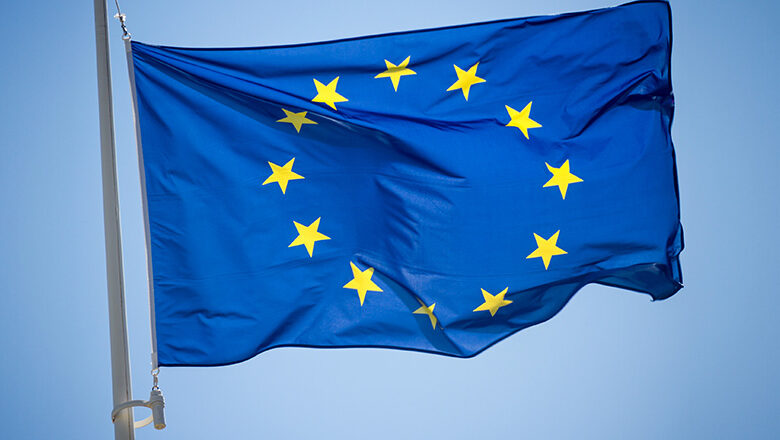Brussels: Inflation in the 19-member eurozone is expected to continue rising, hitting double digits, against the backdrop of slowing economic growth in the third quarter of 2022, Eurostat, the European Union’s (EU) statistical office, said in a flash estimate.
Driven mainly by increasing energy prices, October’s year-on-year inflation rate is expected to climb to 10.7 per cent in the eurozone, from 9.9 per cent in September, Xinhua news agency reported citing the estimate released on Monday as saying.
Energy is expected to have the highest annual rate, reaching 41.9 per cent in October. The annual rate in September was 40.7 per cent.
The prices of food, alcohol and tobacco should register a yearly increase of 13.1 per cent in October, compared with 11.8 per cent in the previous month.
Non-energy industrial goods should record a year-on-year increase in the price of 6 per cent, compared to September’s 5.5 per cent; while the price of services should stay stable, going from a yearly increase of 4.3 per cent in September to 4.4 per cent in October.
The Baltic countries were hit the hardest by inflation, with 22.4 per cent for Estonia, 22 per cent for Lithuania and 21.8 per cent for Latvia.
While inflation rates are skyrocketing, the eurozone’s economic growth should continue to weaken in the third quarter of this year.
Compared with the previous quarter, Eurostat foresees a 0.2 percent growth of gross domestic product (GDP) for the third quarter of 2022 in both the eurozone and the EU.
In the previous quarter, the GDP growth figures were 0.8 per cent for the eurozone and 0.7 per cent for the EU.
Latvia, Austria and Belgium recorded negative growth of their GDP, -1.7 per cent, -0.1 per cent and -0.1 per cent, respectively.
Though the recovery of tourism in Spain or a renewed interest in investing in France are seen, this shouldn’t be enough to counter very low consumer confidence — which greatly affects retail sales — higher interest rates and an uncertain economic outlook.
Last week, the European Central Bank (ECB) increased interest rates by 75 basis points to 1.5 per cent to keep inflation in check and to bring the inflation rate closer to its two-percent target.
(IANS)
















